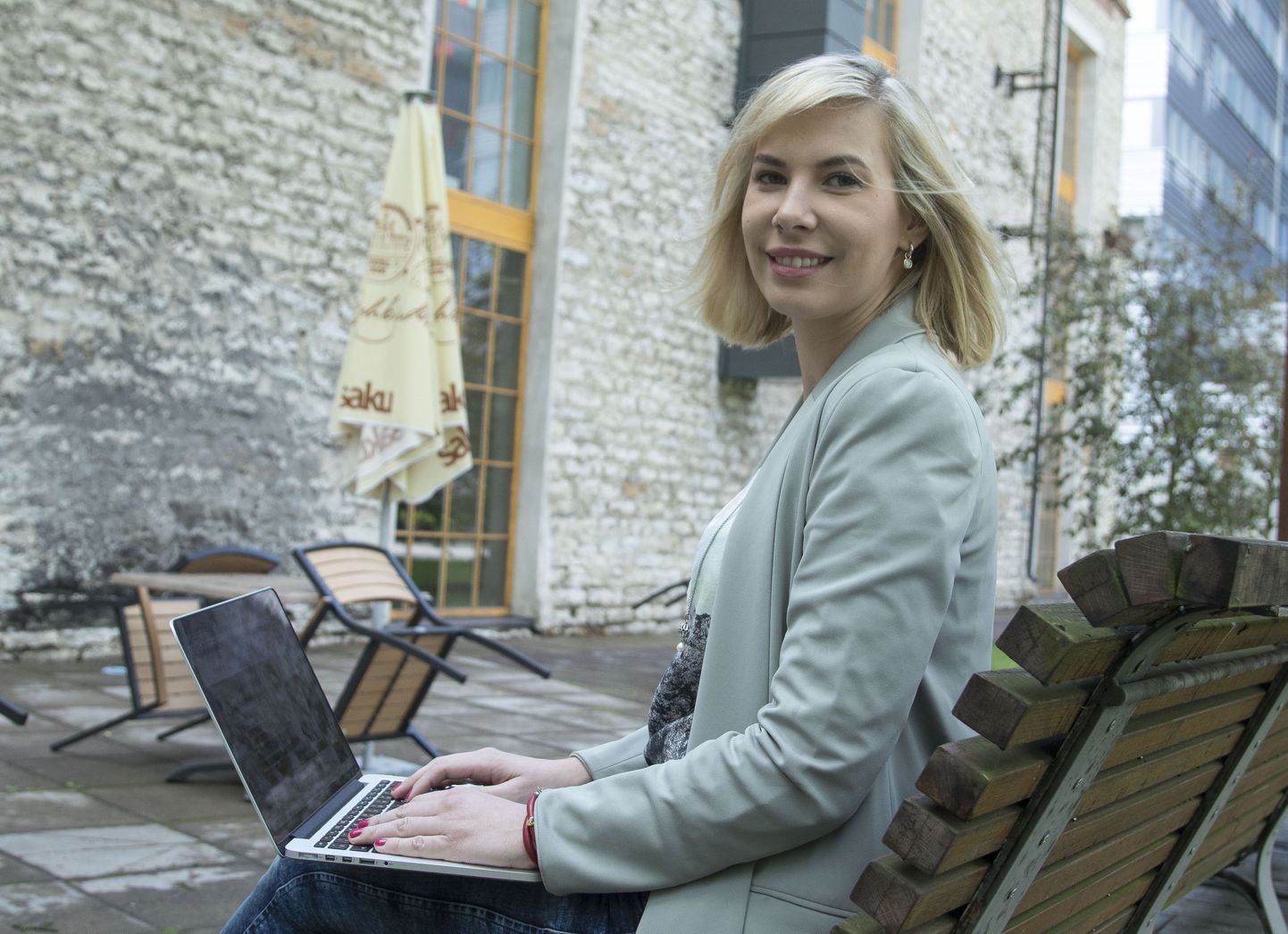While free of charge during the opening campaign – and continually so with own family doctor – on other occasions netiarst.ee will ask for a «visit fee» of €15 to €45. Even so, Ms German would not exclude cooperation with Health Insurance Fund (Haigekassa). «But that’s for the future, because these processes are so time-consuming,» she observed.
HIF communication specialist Katrin Romanenkov said they are yet to analyse the video consultation service. She added that the fund is currently financing such no-contact services as family doctor counselling line and e-consultations between family doctors and medical specialists.
-Services provided by family nurses Ada Ojasaar, Marina Kondoja, Adda Voitk; family doctors Külli Paju, Madis Veskimägi, Madis Tiik, Liina Pilv; family doctor/infectiologist Juta Kogan, urologist Gennadi Timberg, gynaecologist Galina Litter, gynaecologist-sexologist Mare Pruks, psychiatrist-sexologist Imre Rammul, and clinical psychologist Kärt Lust-Paal.
-The prices are in the €15 to €45 range. To compare: in major hospitals, reception by medical specialist is €35 to €55. Consultation by own family doctor or nurse is free.
-The portal can be accessed by ID-card or mobile ID. With authenticated consultations, doctors are able to view at patient’s medical record at digilugu.ee which will also retain a summary of the consultation mediated by netiarst.ee.
-With anonymous consultations, the patient will remain unknown to the doctor. Having booked a time, a patient is e-mailed a link to enter for consultation. With anonymous consultations, video is switched off; if so desired, a patient may turn it on during the session.
-When booking, a patient may briefly describe the problem to doctor. That will only reach the doctor in question.
-Payments always come before the session, via link to bank.

